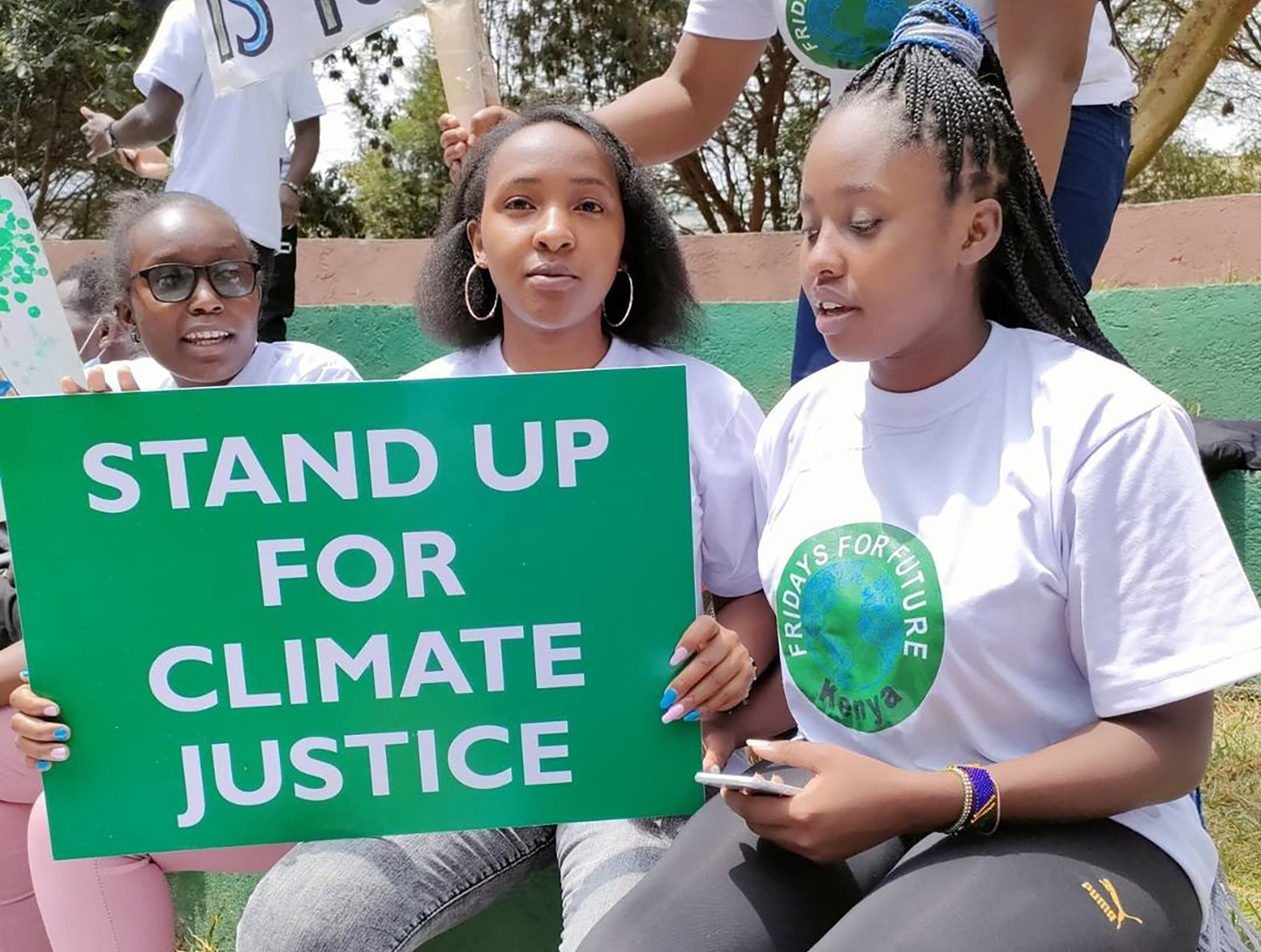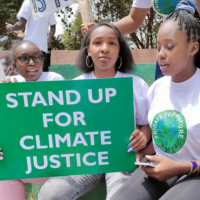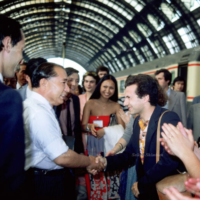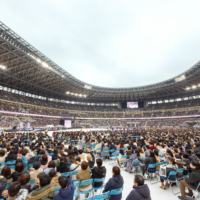At a preparatory meeting for the U.N. Summit of the Future, a once-in-a-generation opportunity to improve cooperation on critical challenges that is to be held at U.N. Headquarters in New York in September, Zimbabwean education advocate Varaidzo Kativhu welcomed the Pact for the Future’s focus on youth.
“Please stop talking about us and start talking to us,” she urged. “And not only talking to us but working with us. … We want to be recognized as true and equal partners who have a stake in this just as much as you.”
Like Kativhu, many young people around the world are standing up stronger than ever to untangle the global “polycrisis” that includes shocking inequalities, geopolitical conflict, increasing polarization, the long-term effects of the pandemic, a decline in democratic processes and a loss of faith in power structures — all exacerbated by the climate crisis.
In response, numerous millennials and Generation Zers have taken to the streets and to hashtag activism — demonstrating, protesting, boycotting and petitioning — through the power of digital media. Not only are they demanding higher levels of accountability and transparency to impose constraints on unbridled power, but they are also representing the voiceless.
Frustrated with outdated institutions, rules and values, this fresh generation of youth activists has also crafted new structures for organizing and mobilizing their peers through the creative use of technology. We see increased intersectional participation and a greater number of women and minority representatives in leadership positions.
Young people are also finding ways to preserve and build on cultural and indigenous wisdom. Chacha-Emprende, a Bolivian youth-founded initiative that addresses the issue of violence against women in Bolivia by promoting “new masculinities” for young male indigenous leaders, is one such example. Participants discuss the male-female duality in the indigenous Aymara world and explore the ways ancestral traditions encourage gender equality and respect.
A major 2023 report by Civicus on youth activism states, “‘The personal is political’ could very well be the motto of the numerous young activists who invoke a personal experience of pain, outrage or discomfort as a motivation to establish a group to connect with others facing similar problems and work together to address their root causes.” For instance, a representative of the International Center for Peace Psychology stated that the motivation to start a group working on psychology, conflict and peacebuilding came from the experience of living in a conflict zone. Working for social change thus became a way of “turning pain into passion.”
As a result, we are witnessing rising levels of political engagement among these young digital natives, who often wear their activism as badge of honor — starting with their Instagram bios and TikTok handles. A 2023 survey by Deloitte on social trends among Gen Zers and millennials indicates more youth now choosing to work for companies that align with their values. They demand accountability and greater gender equality from their brands. They reflect on their privilege and hold themselves to the same standards as their political leaders, and also engage in passionate dialogue to keep democracy alive.
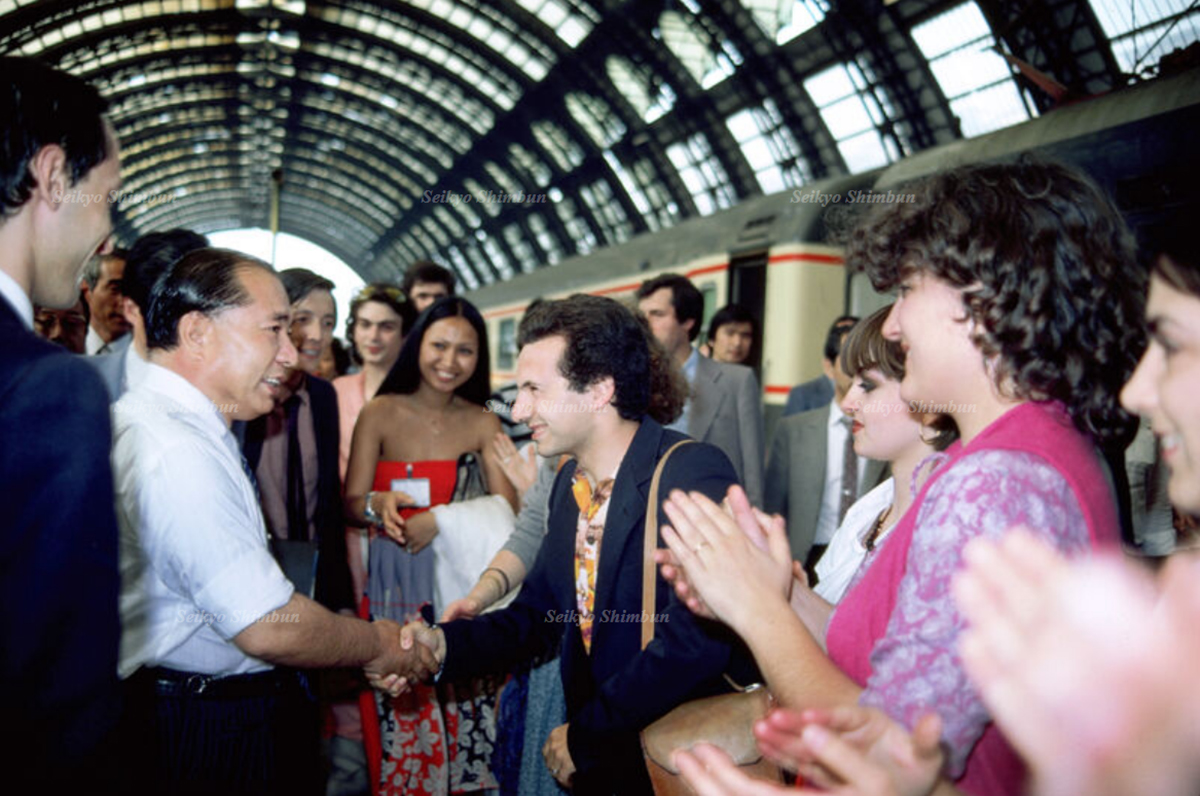
In the words of Daisaku Ikeda, the late president of Soka Gakkai International and a consistent champion of youth: “It is the passion of youth that spreads the flames of courage throughout society. This courage, transmitted from one person to the next, can melt the daunting walls of difficulty and open the horizons on a new era in human history.”
A recent example of youth action comes from Japan, where on March 24 some 66,000 young people gathered at the National Stadium in Tokyo for the Mirai (Future) Action Festival, the fruit of cooperation among more than 30 nongovernmental organizations, U.N. agencies and other groups. The organizers issued a powerful statement calling for action to address the twin existential crises of nuclear abolition and climate change. They also conducted a survey on social issues among 120,000 young people throughout Japan and will submit the results together with the statement to U.N. officials ahead of the Summit of the Future.
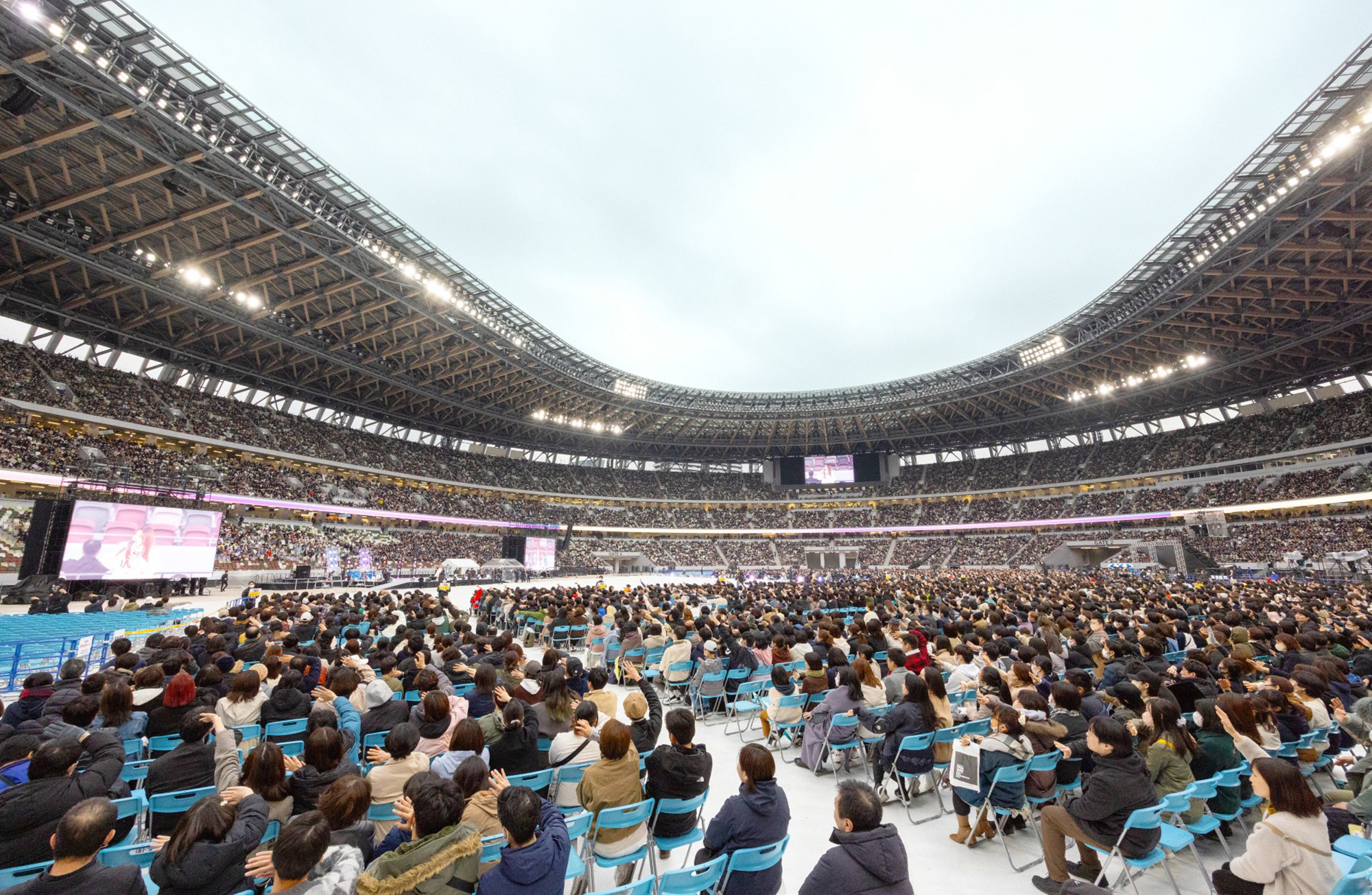
While youth are standing up to transform their sense of powerlessness into empowerment, they continue to face systemic barriers and generational stereotypes. Risks to their safety, including online harassment, still loom large. Over time, channeling anger into social justice can cause burnout and severe anxiety over the state of the world. There is a need for intergenerational allyship and the creation of safe, inclusive spaces for youth to be supported mentally and emotionally if they are to sustain their activism long-term.
As Ikeda wrote: “When youth make the determination to illuminate the corner of the world they inhabit now, it brings into being a space of security in which people can regain hope and the power to live. The determination to live together that is ignited in this space of security shines as an embodiment of the global society in which no one is left behind, inspiring courage in people living in other communities who confront similar challenges.”
Daisaku Ikeda devoted his life to promoting peace through dialogue. He published dialogues with over 70 international figures and issued peace proposals every year between 1983 and 2022. Soka Gakkai is a global community-based Buddhist organization that promotes peace, culture and education, and Soka Gakkai International is an international association of Soka Gakkai and a nongovernmental organization in consultative status with the U.N. Economic and Social Council.



